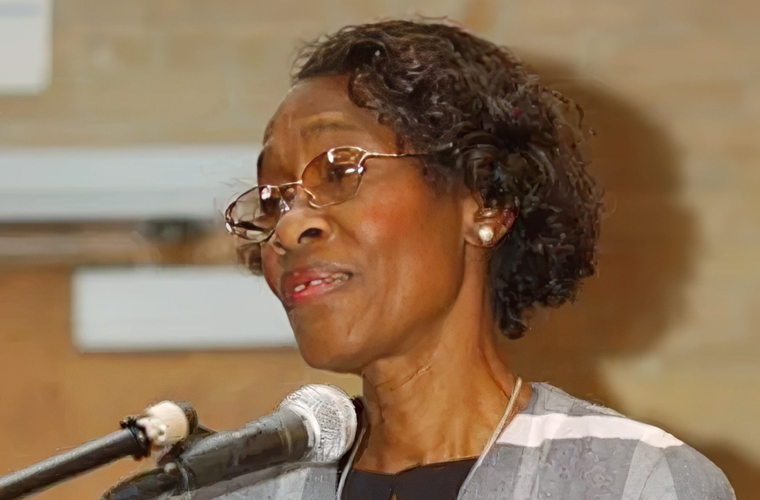Mary Louise Smith was a prominent figure in the civil rights movement in the United States. Born on September 1, 1914, in Marion, Alabama, she became known for her activism and leadership in the fight for racial equality. Smith’s involvement in the civil rights movement began in the 1950s when she joined the National Association for the Advancement of Colored People (NAACP). She quickly rose through the ranks of the organization, becoming the first female to serve as its national board secretary.
In 1955, Smith made history when she became the lead plaintiff in a lawsuit challenging segregation on public buses in Montgomery, Alabama. This legal challenge was a pivotal moment in the civil rights movement and ultimately led to the Supreme Court ruling that segregation on public buses was unconstitutional. Smith’s dedication to the cause of civil rights continued throughout her life. She played a key role in organizing the historic March on Washington in 1963, where Dr. Martin Luther King Jr. delivered his famous “I Have a Dream” speech. Smith’s efforts to mobilize and empower African American communities were instrumental in shaping the course of the civil rights movement.
In addition to her work with the NAACP, Smith was also involved in local politics. She served on the city council in Montgomery, Alabama, and was known for her commitment to improving the lives of African Americans in the community. Smith’s legacy as a civil rights leader and activist continues to inspire people today. Her courage, determination, and unwavering commitment to justice have left an indelible mark on the history of the United States.
Mary Louise Smith passed away on February 16, 1997, but her impact on the civil rights movement and her contributions to the fight for equality will always be remembered. She remains a symbol of hope and resilience for future generations, and her legacy serves as a reminder of the ongoing struggle for justice and equality.

